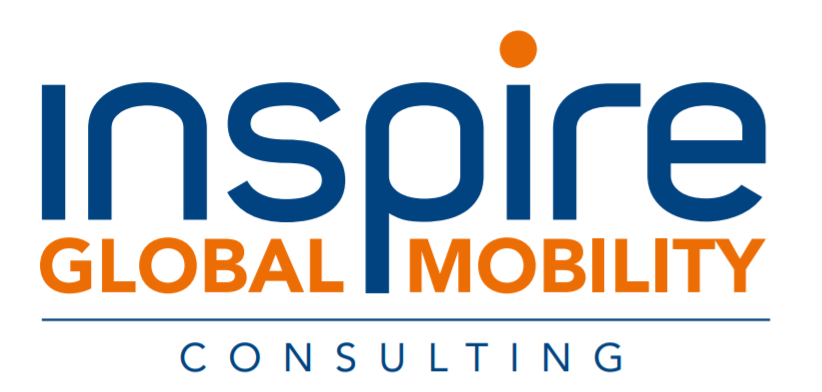Ecosystem The Future!

Our Global Mobility world is complex with so many moving parts in a mobility program. This is why ‘One stop shop’ relocation companies have evolved to support such service needs from destination services, household goods moving, expense management through to immigration and compensation services. These relocation management providers identified the needs of multinational companies and provided the benefits of only having to contract with one provider across a wide spectrum of services.
A mobility Ecosystem concept is when two or more relocation providers are used for the above- mentioned services. Looking at a mobility program from a high level most mobility programs already use multiple providers typically for tax, immigration, and relocation services so the concept of an ecosystem has been around for many years. Here we are focusing on the spectrum of services provided by the ‘One stop shop’ relocation management providers and if that model works for your program.
Can one relocation provider truly deliver the best in all aspects of service quality and cost for your program across a wide range of services? But you may have no choice as you may only be able to contract with one relocation provider, or the convenience of such a provider is what you need.
But if this isn’t the case, is the ideal solution to your mobility challenges based upon working with the best providers in the service areas that you need to deliver your mobility program? Imagine a world where you could pick the best relocation providers in the key service areas you need for example immigration, destination service or household goods moving to build your ecosystem!
What is stopping you?
The world is changing, I predict a trend of 2021 will be an increase in relocation providers being open to working with other providers in a client’s mobility Ecosystem. Market forces driven by COVID may also drive the Ecosystem as certain relocation providers focus on core service areas where they deliver value and make money. Others will see opportunities to move into new service areas which will benefit the market. Then we have the relatively new entrants to the provider market with their smart technology enabled services focusing on certain levels of the market and they seem open to working in an Ecosystem.
Technology advances increase the ability and ease of data sharing, but will providers open their systems to share data and work more openly for the benefit of their mutual clients? All these elements will potentially push the value of the ecosystem and make it attractive for certain mobility programs.
The development of the Ecosystem may see a slow start and will depend upon the appetite of Global Mobility stakeholders to build an ecosystem of providers that delivers the best value for their program.
A mobility Ecosystem will not work for every program so you must decide if the benefits of an Ecosystem will be worth the investment of time. From my experience in such evaluations, the following are a few simple questions to start with.
- Does using one relocation provider to deliver multiple service the achieve value you need?
- Is it mandated possibly by finance or for contract areas such as data privacy that you can only have one relocation provider to contract with?
- Do you need an improved, more agile service delivery model, reduced costs, and a better employee experience?
- Do you have the time to contract and manage multiple providers?
Discussions with Global Mobility professionals on what an ideal Ecosystem would look like for their program have been fascinating. Just let me know if you would like me to share my experience to help you define what your ideal Ecosystem would look like and discuss how it can be achieved.
Written by Paul Barnes, Director, Inspire Global Mobility Consulting.
Email: paul@igmobility.com Mobile: +44 (0) 7534 565 888
